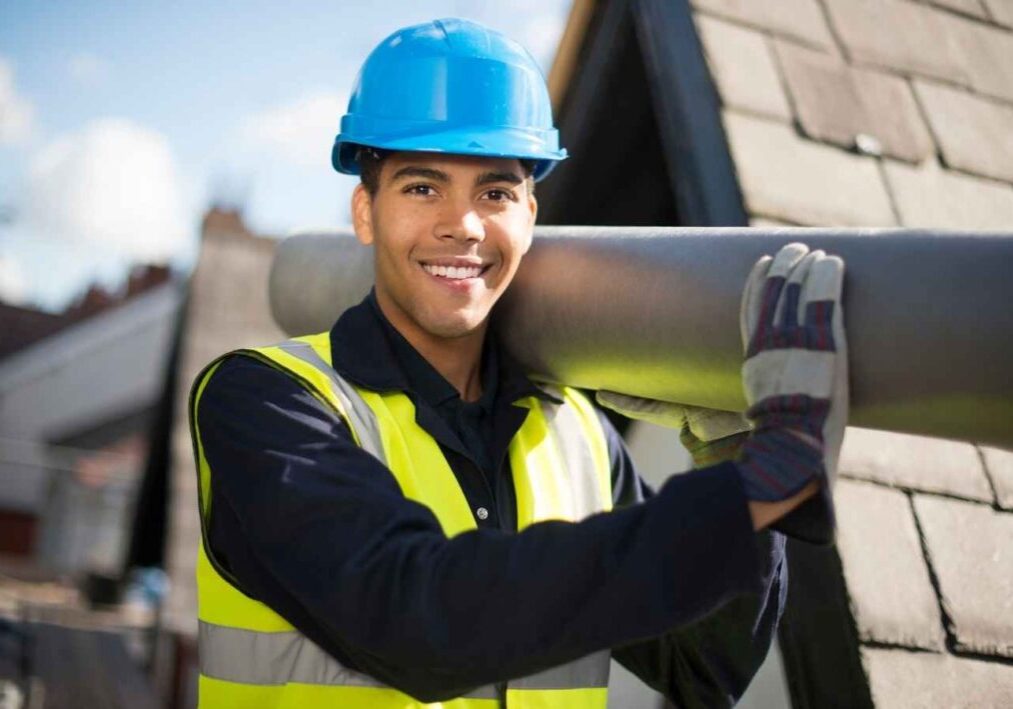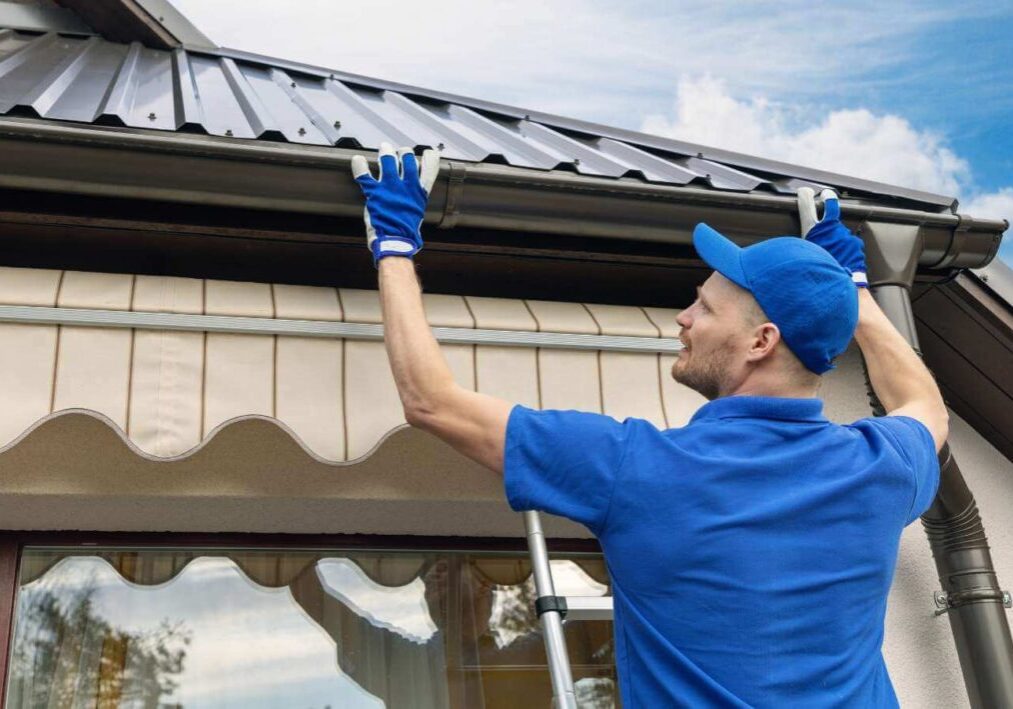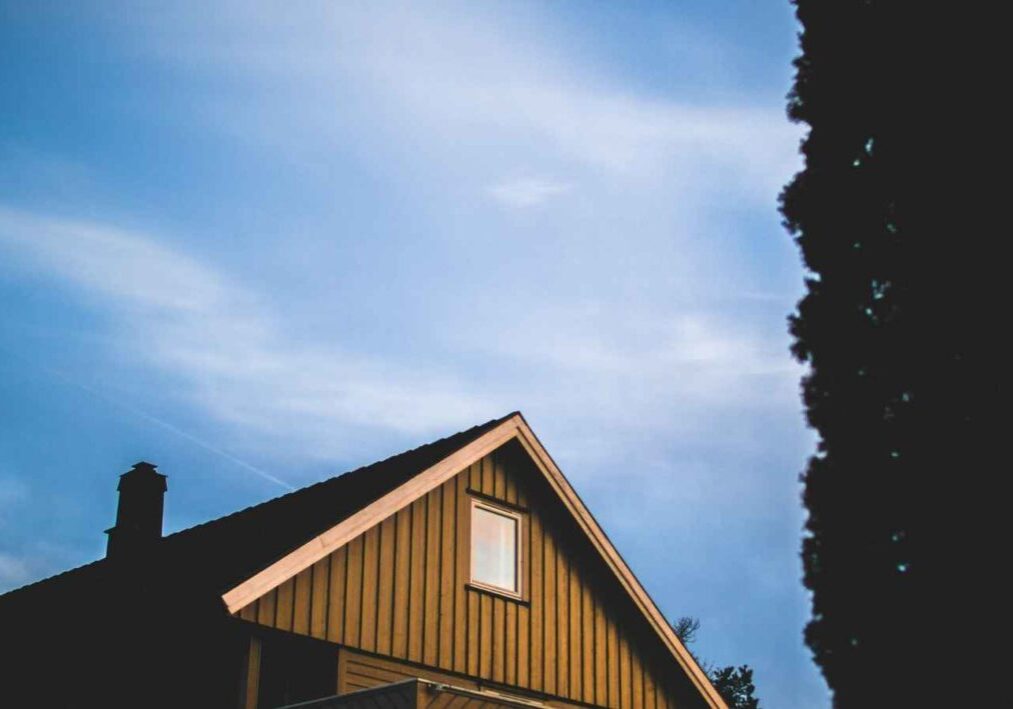When it comes to maintaining a commercial property, the roofing system is one of the most critical elements to consider. Not only does it protect the building and its contents from the elements, but it also plays a significant role in energy efficiency and overall property value. However, understanding the true cost of a commercial roofing system goes beyond just the initial installation. It involves considering the entire lifecycle costs, including maintenance, repairs, and eventual replacement. In this article, we will explore the factors that contribute to the lifecycle costs of commercial roofing systems and why it’s essential to work with a trusted roofing company like All Weather Roofing in Stockton.
The Importance of Commercial Roofing Systems
Why Commercial Roofing Matters
Commercial roofing systems are designed to withstand the unique challenges that come with large-scale buildings, such as flat or low-sloped roofs, heavy foot traffic, and exposure to harsh weather conditions. A well-maintained commercial roof not only protects the building but also ensures the safety and comfort of occupants, reduces energy costs, and enhances the property’s overall value.
Common Types of Commercial Roofing Systems
There are several types of commercial roofing systems available, each with its own set of advantages and disadvantages. The most common types include:
- Built-Up Roofing (BUR): Consists of multiple layers of tar and gravel, offering durability and water resistance.
- Modified Bitumen Roofing: Similar to BUR but includes additional layers of polymer-modified bitumen for enhanced flexibility and strength.
- Single-Ply Membrane Roofing: Includes materials like TPO, PVC, and EPDM, known for their ease of installation and energy efficiency.
- Metal Roofing: Offers longevity and low maintenance but comes with a higher initial cost.
- Green Roofing: Incorporates vegetation and provides excellent insulation but requires specialized maintenance.
Each of these systems has a different lifespan, maintenance requirement, and cost, all of which must be considered when evaluating the overall lifecycle costs.
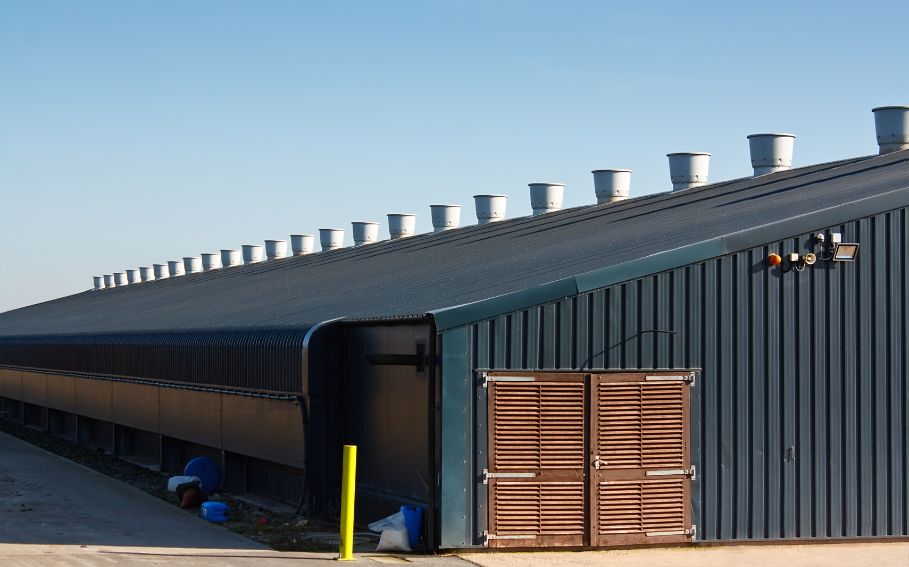
What Are Lifecycle Costs?
Initial Installation Costs
The first component of lifecycle costs is the initial installation cost. This includes the price of materials, labor, and any additional features such as insulation or drainage systems. The type of roofing material chosen will significantly impact the installation cost. For example, metal roofing generally has a higher upfront cost compared to single-ply membrane roofing. However, this cost needs to be weighed against the potential longevity and maintenance requirements of the material.
Maintenance and Repair Costs
Ongoing maintenance is crucial for extending the lifespan of a commercial roofing system. Regular inspections and maintenance can help identify minor issues before they become major problems, reducing the need for costly repairs. Maintenance costs can vary depending on the type of roofing system, the climate, and the building’s location. For example, in Stockton, where temperatures can be extreme, the roof may require more frequent inspections and maintenance to prevent damage from the sun and heat.
Working with a trusted roofing company like All Weather Roofing ensures that maintenance is performed correctly, helping to extend the life of the roof and reduce overall lifecycle costs. Neglecting regular maintenance can lead to significant repair costs down the line, such as fixing leaks, replacing damaged sections, or even dealing with structural issues caused by water damage.
Energy Costs
Energy costs are another critical factor in the lifecycle costs of a commercial roofing system. A well-insulated and energy-efficient roof can significantly reduce heating and cooling costs for the building. Certain roofing materials, like TPO and PVC membranes, are known for their reflective properties, which can help keep the building cooler and reduce the need for air conditioning. Metal roofing can also be energy-efficient, especially when coated with a reflective finish.
On the other hand, a poorly insulated roof can lead to higher energy bills, as more energy is required to maintain a comfortable indoor temperature. Investing in an energy-efficient roofing system may have a higher initial cost, but the savings on energy bills over the roof’s lifespan can make it a more cost-effective choice in the long run.
Roof Replacement Costs
No roofing system lasts forever. Eventually, every commercial roof will need to be replaced. The replacement cost includes the removal and disposal of the old roofing material, the installation of the new roofing system, and any necessary repairs to the underlying structure. The timing of roof replacement can vary depending on the type of roofing system and how well it has been maintained.
For example, a well-maintained metal roof can last 40-70 years, while a single-ply membrane roof typically lasts 20-30 years. Knowing the expected lifespan of the system can help property owners plan for future replacement costs and budget accordingly.
Unexpected Costs
In addition to the expected costs mentioned above, there may be unexpected costs associated with a commercial roofing system. These can include emergency repairs due to storm damage, leaks, or other unforeseen issues. Having a trusted roofing company like All Weather Roofing on hand for emergency repairs can help minimize downtime and prevent further damage to the building.
Comparing the Lifecycle Costs
Built-Up Roofing (BUR)
- Initial Cost: Moderate
- Maintenance: Moderate
- Energy Efficiency: Moderate
- Lifespan: 15-30 years
- Overall Lifecycle Cost: Moderate
Modified Bitumen Roofing
- Initial Cost: Moderate
- Maintenance: Moderate
- Energy Efficiency: High
- Lifespan: 20-30 years
- Overall Lifecycle Cost: Moderate
Single-Ply Membrane Roofing (TPO, PVC, EPDM)
- Initial Cost: Low to Moderate
- Maintenance: Low
- Energy Efficiency: High
- Lifespan: 20-30 years
- Overall Lifecycle Cost: Low to Moderate
Metal Roofing
- Initial Cost: High
- Maintenance: Low
- Energy Efficiency: High
- Lifespan: 40-70 years
- Overall Lifecycle Cost: Low
Green Roofing
- Initial Cost: High
- Maintenance: High
- Energy Efficiency: Very High
- Lifespan: 30-50 years
- Overall Lifecycle Cost: High
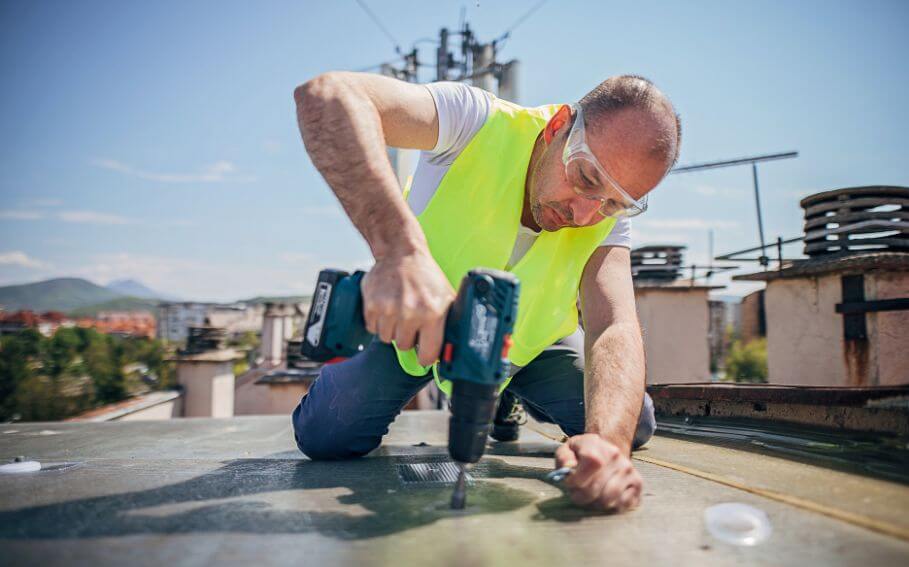
The Role of a Trusted Roofing Company
Why Choose All Weather Roofing?
Choosing the right roofing company is critical in managing the lifecycle costs of a commercial roofing system. All Weather Roofing is a trusted roofing company Stockton businesses can rely on for quality workmanship, reliable maintenance, and expert advice. With years of experience in both residential and commercial roofing, we understand the unique challenges that come with maintaining a commercial roof and are committed to helping our clients achieve the best possible outcomes.
Comprehensive Services
All Weather Roofing offers a full range of services to support the lifecycle of your commercial roofing system, including:
- Roofing Inspections: Regular inspections to identify potential issues before they become costly problems.
- Roof Maintenance: Routine maintenance services to extend the lifespan of your roof.
- Roof Repair: Prompt and professional repairs to address leaks, storm damage, and other issues.
- Roof Replacement: Expert installation of new roofing systems when the time comes for a replacement.
- Emergency Repair Services: Quick response to unexpected emergencies to minimize damage and downtime.
Commitment to Quality
At All Weather Roofing, we are committed to providing the highest quality roofing services. We use only the best materials and employ skilled, experienced technicians to ensure that every project is completed to the highest standards. Our goal is to help our clients manage the lifecycle costs of their commercial roofing systems, saving them money in the long run while ensuring the safety and integrity of their buildings.
Conclusion: Invest in the Right Commercial Roofing System with All Weather Roofing
Understanding the lifecycle costs of commercial roofing systems is essential for making informed decisions that will protect your investment in your property. By considering factors such as installation costs, maintenance, energy efficiency, and replacement costs, you can choose a roofing system that offers the best value over its lifespan.
At All Weather Roofing, we are here to help you navigate these decisions with expert advice and top-quality services. Whether you need a new commercial roofing system, routine maintenance, or emergency repairs, we are the trusted roofing company Stockton businesses turn to for all their roofing needs. Contact us today to learn more about how we can help you manage the lifecycle costs of your commercial roofing system and keep your property protected for years to come.
Share this post:

